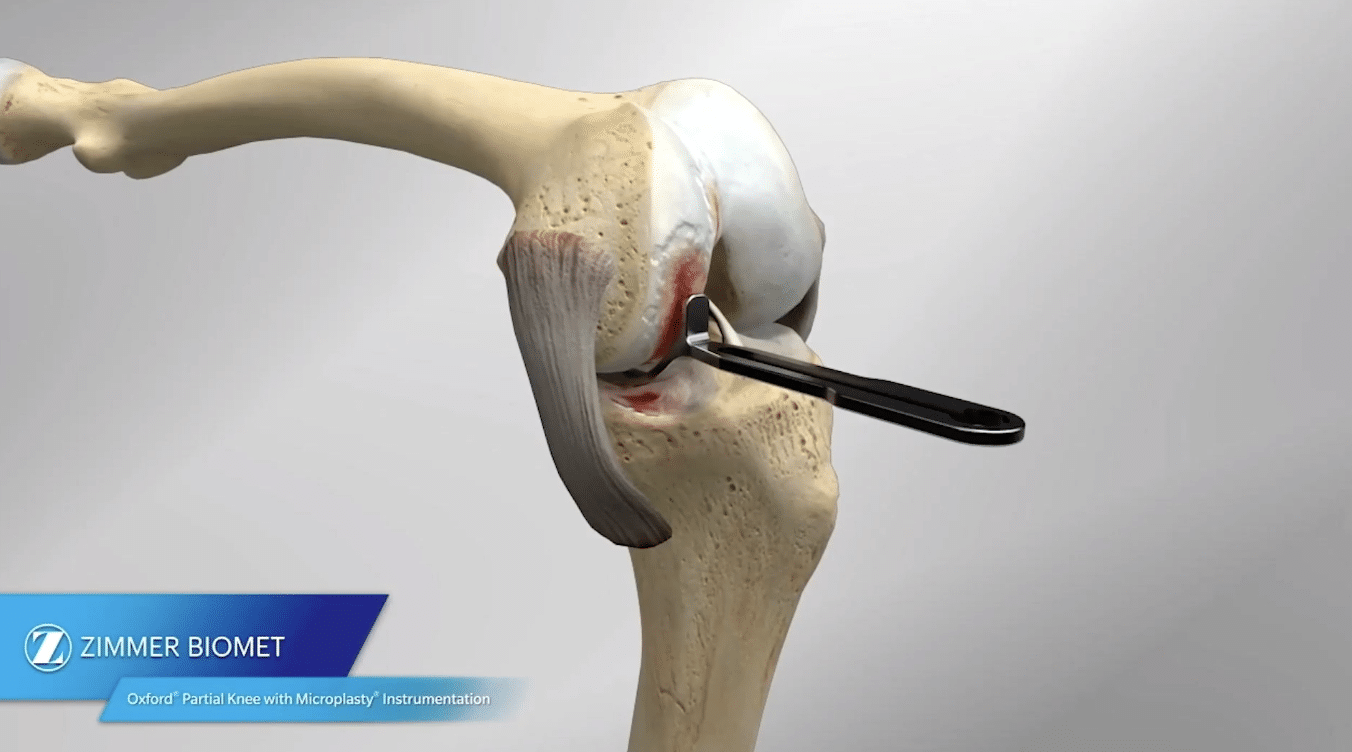 “The patient’s ability to ‘forget’ their joint replacement during everyday activities is an important expectation and goal of the surgery, as it reflects patient satisfaction.”1 Research has shown that PKR patients are more likely to forget their joint replacement than TKR patients.1, 2
“The patient’s ability to ‘forget’ their joint replacement during everyday activities is an important expectation and goal of the surgery, as it reflects patient satisfaction.”1 Research has shown that PKR patients are more likely to forget their joint replacement than TKR patients.1, 2
The Forgotten Joint Score is used to evaluate patients’ ability to forget their joint replacement in daily life. The score ranges from 0 to 100, with 100 being the optimal score. FJS scores for PKR were significantly better than for TKR at 6 and 12 weeks, and 6 and 12 months (p < 0.001).1
These findings were attributed to the more personalized nature of PKR, which “conserves more soft tissue and bone than TKR.“1
